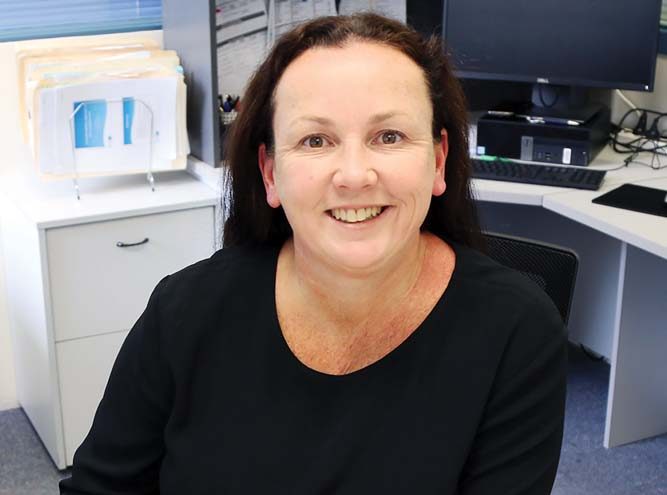
ELDER abuse, an insidious stablemate of family violence, is rampant on the Mornington Peninsula during these strained days of COVID-19.
With Victoria’s second highest population of elderly people, the peninsula has the highest number of police callouts per capita for family violence in metropolitan Melbourne.
Data presented to Peninsula Health shows family violence presentations to emergency departments and inpatient settings have increased 88 per cent in the past year. Similarly, elder abuse presentations are up 59 per cent.
Statistics suggests that at least 10 per cent of those living on the peninsula aged over 65 are at risk of, or are experiencing, elder abuse.
Peninsula Health’s head of social work Dr Meghan O’Brien said the referrals coming through had a “higher risk rating and severity compared to pre-COVID, and included stalking, sexual assault, head-butting, trauma to the head and strangulation”.
She said about 70 per cent of older people experiencing elder abuse are women and that older people experiencing elder abuse are usually coping with more than one form at any time, such as financial and psychological abuse.
While the main perpetrators are adult sons and daughters followed by partners, many older people do not want to involve the police or take legal action.
“The older person is more likely to be focused on supporting the perpetrator, perhaps their child, who may have factors such as financial stressors – gambling or unemployment – or mental health issues or a disability,” Dr O’Brien said. “Research has shown that they may not recognise [it] as family violence and may regard abusive behaviour as a normal part of their intimate partner or family relationships or part of ageing.
Hospitals had an important role in reporting and preventing elder abuse as most older people trusted health professionals.
Dr O’Brien said the “true picture of what is occurring will probably not be visible or understood until after the pandemic”.
“The restrictions have heightened the known risk factors – especially isolation – as well as financial stressors, depression, previous trauma history, dependency on family for care-giving, and pre-existing medical conditions,” she said.
Telehealth calls – where the health professional does not visit them at home – make it difficult to engage with the older person, especially where the perpetrator is present but not be visible during the call.
Similarly, fewer meetings where all the family and the older person are in the same room, make it harder for health professionals to gain an insight into the family’s dynamics.
Seniors Rights Victoria provides information, support, advice and education to help prevent elder abuse and safeguard the rights, dignity and independence of older people.
Services include: Helpline, 1300 368 821 (10am-5pm Monday to Friday) and Bayside Peninsula Orange Door, 1800 319 353.

